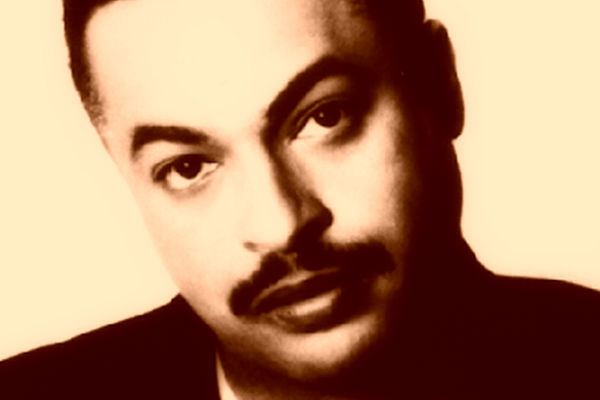In the early nineties, long before the term “down low” was ever coined, Invisible Life (and soon after, Just As I Am) caught the attention of readers everywhere. As word of mouth spread like a wild-fire, its taboo subject matter had Black women openly discussing bisexual men and what impact their relationships have on the Black community. But, far greater than any scandal between bed sheets was what E. Lynn Harris accomplished between the covers of his books.
Harris was introduced to the literary world, during the wave of African-American popular fiction that was set in the South or in the past. While Toni Morrison, Alice Walker, and Gloria Naylor were forces to be reckoned with, Harris exploded onto the scene with contemporary writing, current themes, and plenty of ingenuity. His characters were nothing readers had seen in black fiction, at the time. They were stylish, educated, upwardly mobile, spiritual, and professional men and women, enjoying a lavish lifestyle. They belonged to Black Greek-letter organizations and played for sports teams. They frequented trendy restaurants, hob-knobbed with celebrities, and visited familiar locales. His writing was as innovative as it was stylish. His ability to entangle his characters and engage his readers was uncanny.
While his a fan base consists largely of straight, black women, critics were puzzled as to why so many were drawn to his novels. Undoubtedly, to any true Harris fan, the appeal of his novels is based on more than mere shock value, more than the revelation that this type of double life of bisexual men can and does exists. Harris’s writings give a portrait, a portrait with such a level of intimacy that women can see beyond their own disturbance, relate, understand the torment that exists with this type of duality and empathize. Having already connected his reader to his characters through their affiliations, education, hobbies and ambitions, he draws women in further to understanding that all are connected in the Black community, and there are deeper causes that affect us, namely HIV and AIDS.
For nearly two decades, E. Lynn Harris gave readers and writers alike much to think about and aspire to. He will be sorely missed, but his legacy lives on in the pages of his novels and in the hearts of his readers everywhere.
Eartha Watts-Hicks is editor in chief of Harlem World Magazine. Her debut novel, Love Changes is available on Amazon.com. For more information, visit www.earthatone.com.
Become a Harlem Insider!
By submitting this form, you are consenting to receive marketing emails from: . You can revoke your consent to receive emails at any time by using the SafeUnsubscribe® link, found at the bottom of every email. Emails are serviced by Constant Contact


 By
By 





